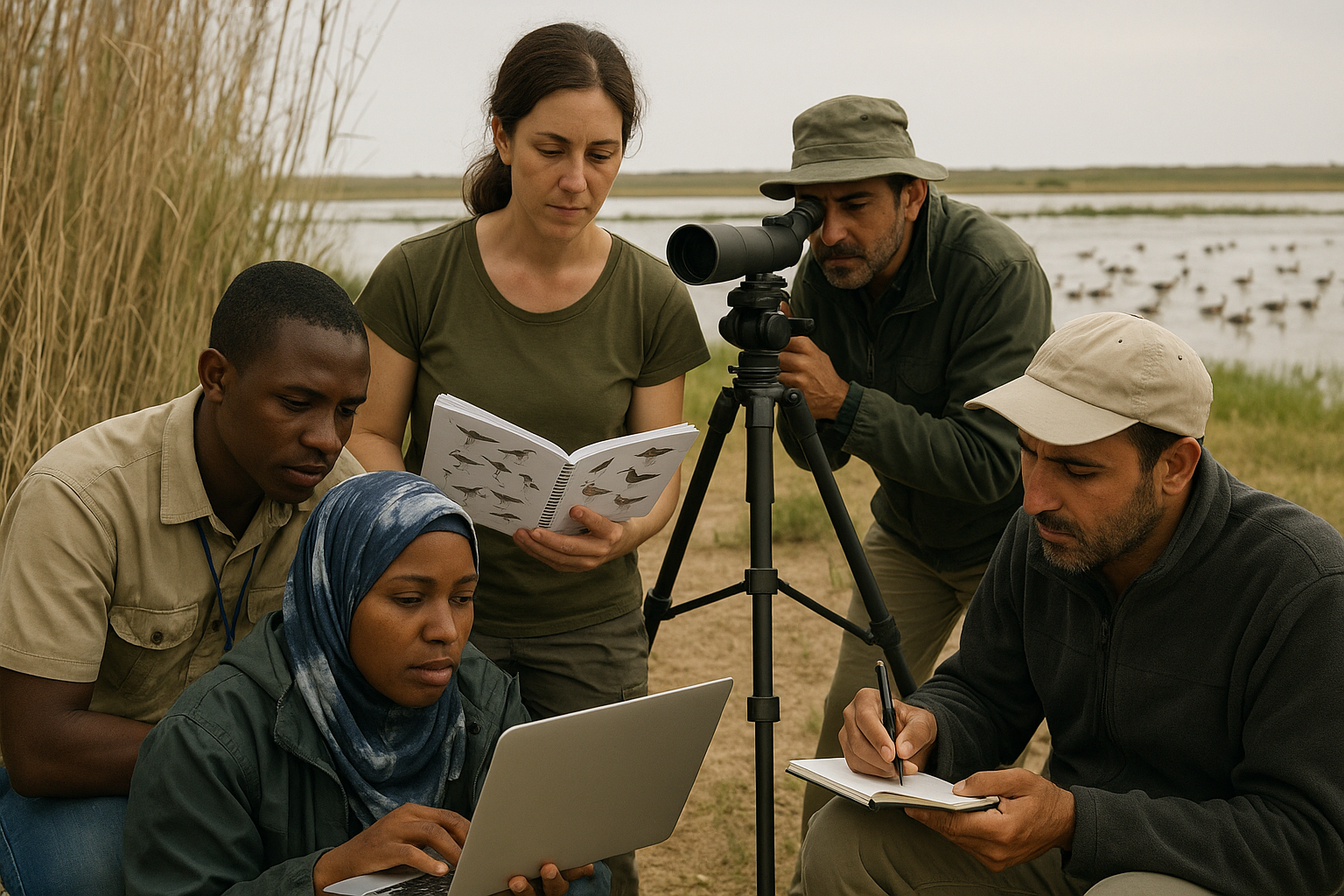Ramaphosa Backs Transfrontier Parks to Boost Unity, Tourism and Biodiversity
The Africa Keystone Partnership is an ambitious initiative that advocates for the protection of 162 additional areas across the continent.

- Country:
- South Africa
President Cyril Ramaphosa has called for the expansion of transfrontier conservation areas (TFCAs) as a unifying African model that enhances regional integration, drives tourism growth, and safeguards biodiversity across national boundaries.
Speaking at the launch of the Africa Keystone Partnership on the sidelines of the United Nations General Assembly (UNGA) in New York, Ramaphosa underscored the vital role of nature in Africa’s collective future.
“Nature knows no political barriers, and we are united in a shared commitment to preserve it for present and future generations. Nature is an intrinsic part of our cultural and social identity. It is vital to human well-being and progress,” the President said.
The Africa Keystone Partnership
The Africa Keystone Partnership is an ambitious initiative that advocates for the protection of 162 additional areas across the continent. These areas were selected based on their irreplaceability, ecological integrity, connectivity, and resilience.
“Some of these areas are already supported by African Parks. However, all have funding and resource gaps. We have therefore come here to listen to the proposals on the African Keystone Partnership and to say that we are keen on further dialogue,” Ramaphosa told delegates.
The initiative seeks to strengthen conservation efforts, ensure ecosystems remain resilient to climate change, and mobilize funding to sustain biodiversity hotspots.
South Africa’s Leadership in Conservation
Reflecting on South Africa’s track record, the President said the country has earned a strong reputation as a global leader in conservation and sustainable biodiversity management.
“As South Africa, we have a proud reputation as a leader in sustainable and responsible nature conservation, as is our duty as one of the world’s mega-biodiverse countries,” Ramaphosa said.
Over the past 25 years, South Africa has spearheaded the Transfrontier Conservation Areas (TFCA) Programme, creating cross-border wildlife reserves that promote ecological cooperation, economic development, and cultural exchange.
Transfrontier Parks in Southern Africa
Ramaphosa highlighted the transformative role of transfrontier parks, citing examples in the Southern African region:
-
|Ai-|Ais/Richtersveld Transfrontier Park (Namibia and South Africa)
-
Great Limpopo Transfrontier Park (Mozambique, South Africa, and Zimbabwe)
-
Kgalagadi Transfrontier Park (Botswana and South Africa)
-
Limpopo/Shashe Transfrontier Conservation Area (Botswana, South Africa, and Zimbabwe)
These parks act as critical ecological corridors, allowing wildlife to roam freely across borders while strengthening biodiversity conservation. They have also become magnets for sustainable tourism investment, generating jobs and empowering local communities.
“Investments in conservation economies have created jobs, improved livelihoods and empowered local communities to become stewards of their natural heritage. These parks succeed when they are led by Africans and benefit the people who live near them. Such parks symbolise unity, cooperation and shared responsibility among our nations,” Ramaphosa said.
Conservation as a Driver of Development
Beyond ecological benefits, transfrontier parks are increasingly viewed as instruments of regional integration, offering opportunities for cross-border collaboration in tourism, research, and climate resilience.
By linking conservation with development, the TFCA model contributes to the African Union’s Agenda 2063 goals of inclusive growth, environmental sustainability, and cultural preservation.
A Call for Collective Action
Ramaphosa expressed optimism that the 162 new conservation areas identified under the Africa Keystone Partnership would serve the same noble purpose as existing TFCAs.
“Let us continue to champion this model of conservation, integration and development for the benefit of our people, for our ecosystems and for future generations,” he concluded.










